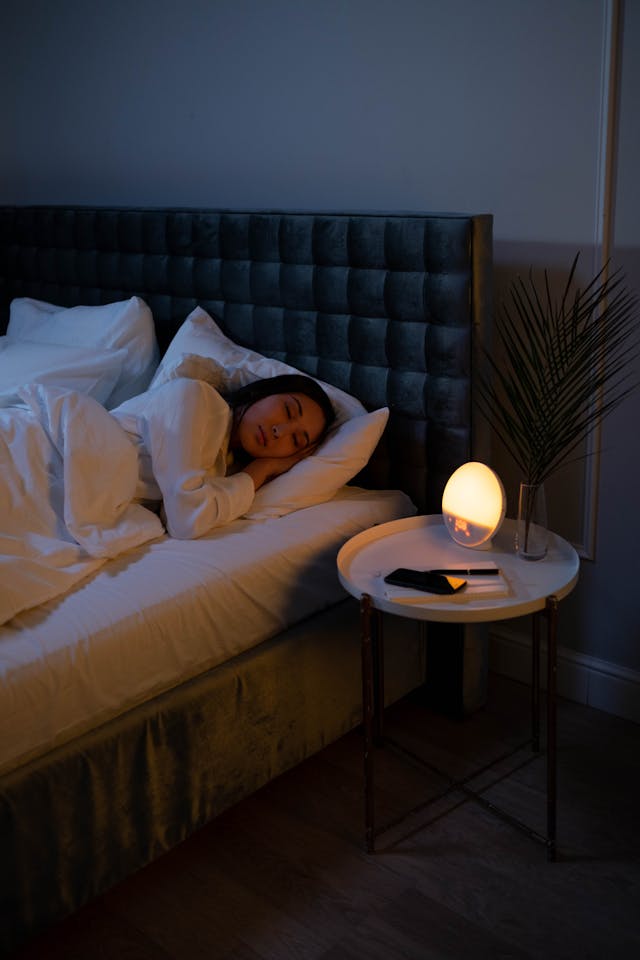Most of us view our homes as cosy, comfortable spaces that gently encourage us to be at our best, but that’s not automatically the case. Your home, like any other space, can actually have a negative impact on your health if it’s not managed correctly. While you’d like to imagine that your house has a soothing, zen-like effect on your well-being, it’s also possible that it can have a stress-inducing, health-busting effect too.
In this post, we’ll run through some of your home’s hidden health risks that many people overlook but which can have a detrimental impact on the physical and emotional well-being of you and your family. Worried that you’re guilty of some of these in your home? Fear not – we’ll also offer some handy solutions.

Cluttered Spaces: A Fast-Track to Stress and Anxiety
It can be difficult to find the energy and enthusiasm to keep your home clean and tidy, especially after a long day at the office. Still, there are good reasons why it’s worthwhile maintaining a minimalist space. It turns out that living in clutter doesn’t only make your home less visually appealing, but it can also cause your stress and anxiety levels to spike. It’ll also make it more difficult to focus and concentrate, which can impact your ability to get things done if you work from home.
Mould In the Home Can Cause a Variety of Health Issues
Did you know that having mould in your home can reduce its value by as much as 20%? This isn’t just because of its capacity to cause structural damage, but also because of the effect it can have on the health of people who live in the property. Studies have shown that a fifth of UK asthma cases are due to damp and mould in the home, and it can also cause itchy eyes and eczema. Opening your windows each day, installing extractor fans, and maintaining a steady temperature can all help to prevent mould. If you think you may have mould in your house, then ordering a test kit from Untould Mould, a brand new healthtech company tackling mouldy homes, can help you take action as soon as possible. It’s usually pretty easy to treat mould if caught early; the complications arise when it has become more pronounced.
Sleep-Busting Bedrooms
You’ll already know the impact that a bad night’s sleep can have. We’re all more grouchy and moody when we haven’t slept well. But did you know that repeatedly failing to sleep through the night could be impacting your health? Studies have shown that struggling to get a good night’s sleep on a recurring basis increases a person’s risk of developing dementia, type 2 diabetes, and obesity.
There’ll be some nights when you don’t sleep as well as you’d like, but they should be the exceptions, not the rule. If you struggle to sleep well, then look at changing your pre-sleep routine to include relaxing activities (no screen time!) and put together a sleep-friendly bedroom.
Featured post
© Copyright 2025 Antonia, All rights Reserved. Written For: Tidylife


Leave a Reply